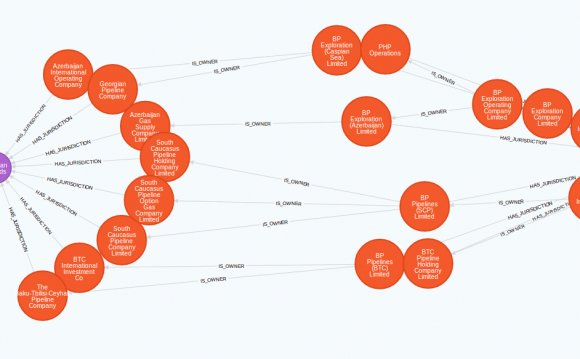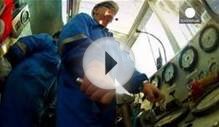
This is the biggest UK political story in a generation.
By the way it could have been all settled by now if:
- The UK gov hadn't covered up the true extent of North Sea oil in the 70s
- The UK gov hadn't fixed the result of the 79 devolution referendum and then renegaded on a promise to provide more powers if there was a "No" vote, meaning there wasn't another referendum on devolution until 1997
- The UK parties in Scotland hadn't blocked the SNP's bill to hold a referendum a couple of years ago while they were still a minority administration
Analysis
North Sea oil is the jewel - or rather the thistle - in the crown of an independent Scotland. Countries with "black gold" can go it alone in a way others cannot. This explains the desperation of Greenland to drill in its Arctic waters. It knows a big discovery could provide a pathway to quick economic - and then political - independence from the colonial masters in Denmark. Hence Norway's decision not to join the European Union.
Who gets the oil in the event of Scottish independence? It depends who you speak to and any division of the spoils will be hotly fought over by politicians in Edinburgh and London. If you draw a median line out across the North Sea from the border then 90% of the oil tax revenues will accrue to Scotland. If the calculation is done on the basis of population then that figure will be reduced to 9%, according to the (London-based) National Institute of Economic and Social Research (Niesr).
The Geneva agreement on natural resources under the sea dictates that they are divided by the median lines. Most people accept that the Geneva approach is the standard approach. Which gives Scotland 91% of revenues. But this thing, the income, is declining now. It's also very volatile. If you look at budget deficits it makes a huge difference.
It is not hard to imagine how the Scottish National Party sees the divide but politicians there - led by former oil economist Alex Salmond - are acutely aware that oil and gas production are currently falling fast - 17% last year alone.
The tax revenues will be falling too but then oil prices have also been soaring to recent levels of $118 per barrel from less than $10 in 1998. The crude price is expected to grow further - some predict $200 - leaving plenty of opportunities for well targeted, higher taxes.
The SNP like to point to Norway as an economic model because that Scandinavian nation has a small population of 5m similar to Scotland and yet which is now sitting on a national pension fund worth over £300bn.
Britain meanwhile has spent its hydrocarbon inheritance as it was produced, something Salmond has promised he would no longer do. He likes to argue that an independent Scotland could raise £54bn from tax revenues in the next five years, underwriting the country's ability to pay off debt and rebuild the local economy.
Most of the big oil fields lie offshore north of a Berwick-on-Tweed border while an enormous new area of hydrocarbon production is being developed west of the Shetland Islands. The southern North Sea – off East Anglia - is still a significant area for gas production but nothing like what lies north of there.
London holds political control of the tax levels currently but the civil servants that work on North Sea regulatory affairs are based in Aberdeen. An independent Scotland therefore would have most of the brain power in place while all the big oil companies use Aberdeen as an industrial centre for their offshore operations too.
RELATED VIDEO












